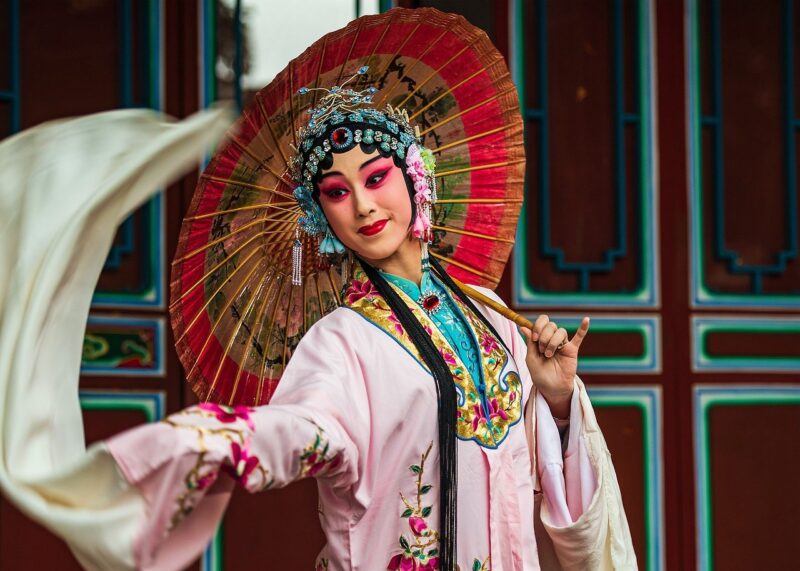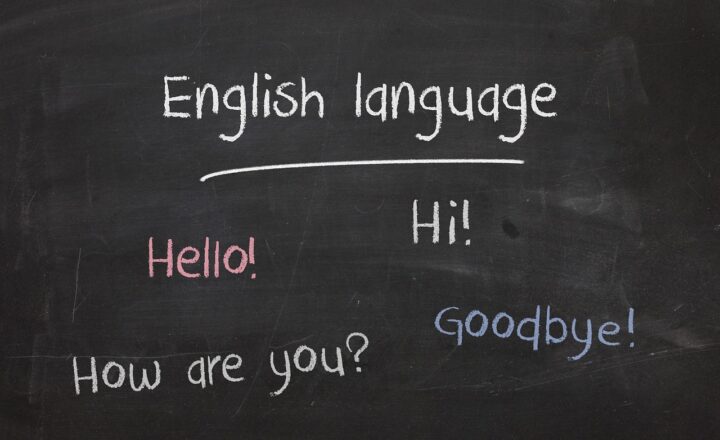Cultures Around the Globe: Understanding Diversity Through Exploration
November 19, 2024

Cultural diversity is one of the defining features of our world, offering a rich tapestry of experiences, customs, and practices that shape our identities. In an increasingly interconnected globe, understanding the myriad cultures around us has never been more critical. This article seeks to delve deep into the fascinating world of cultural diversity and promote appreciation through exploration.
1. What is Cultural Diversity?
Cultural diversity refers to the variety of cultural or ethnic groups within a society. It encompasses a range of characteristics including language, traditions, beliefs, and values. Our planet boasts thousands of distinct cultures, each contributing to a broader understanding of human experience.
The concept centers on the awareness that each culture is a vital part of the social mosaic. Embracing cultural diversity involves acknowledging and respecting the differences and similarities that exist between cultures, fostering understanding, dialogue, and celebration.
Cultural diversity is important for a multitude of reasons, including:
- Preservation of Heritage: Cultures carry unique histories, artistry, folklore, and languages that provide invaluable insights into our past.
- Economic Growth: Diverse cultures can stimulate innovation and creativity, driving economic development in communities around the world.
- Social Cohesion: Understanding and embracing cultural differences can lead to stronger ties within societies, promoting peace and cooperation.
By exploring and appreciating these diverse cultural experiences, we can enhance our understanding of humanity itself.
2. The Importance of Cultural Exploration
Cultural exploration refers to the act of traveling, engaging, and learning from various cultures. In today’s global society, it is critical to recognize the benefits of cultural exploration:
- Broadens Perspectives: Exposure to different ways of life allows us to cultivate empathy and view issues from multiple angles. This broader perspective encourages more informed decision-making in both personal and professional arenas.
- Enhances Communication Skills: As we interact with diverse cultural groups, we learn to communicate effectively across language barriers and diverse customs, ultimately fostering better relationships.
- Encourages Personal Growth: Engaging with other cultures challenges preconceived notions, spurring growth and self-reflection that is essential for personal development.
Cultural exploration can be pursued through travel, reading, attending cultural events, and engaging with local communities. Each experience offers insights that teach us vital lessons about humanity.
3. Ways to Explore Cultures Around the Globe
Exploring diverse cultures can take numerous forms. Here are some actionable steps you can take to foster cultural understanding:
A. Travel and Immersion
Travel remains one of the most direct ways to experience different cultures. Immersive travel involves engaging with the local community, trying traditional foods, participating in festivals, and learning the language. Consider these:
- Homestays: Staying with a local family often leads to authentic experiences that reveal everyday life and cultural practices.
- Guided Cultural Tours: Many local experts offer tours focusing on cultural heritage, history, storytelling, and indigenous practices.
B. Cultural Events and Festivals
Participating in cultural festivals can be an enriching experience. These events serve as gateways to explore music, dance, art, and culinary traditions. Some famous global festivals include:
- Carnival in Rio de Janeiro, Brazil: Immerse yourself in vibrant music, dancing, and colorful parades, deeply rooted in Brazilian culture.
- Diwali in India: Experience the Festival of Lights by engaging in traditional rituals, delicious foods, and community celebrations.
C. Online Learning and Cultural Courses
In the digital age, countless online resources and courses are available to explore different cultures from the comfort of your home. Websites like Coursera or Udemy offer courses about language, history, and cultural practices.
Additionally, documentaries, podcasts, and books can provide insights into various customs and belief systems globally, enriching your understanding even without traveling.
4. Understanding Cultural Sensitivity
While cultural exploration is enriching, it is essential to approach it with sensitivity and respect. Cultural sensitivity involves:
- Active Listening: Take the time to listen to the stories and perspectives of individuals from different cultures, valuing their experiences and insights.
- Avoiding Stereotypes: Challenge your preconceived notions and stereotypes, recognizing that individuals are unique and complex beyond cultural labels.
- Educating Yourself: Take the initiative to learn about cultural norms, customs, and histories before engaging with different communities.
When we practice cultural sensitivity, we create safe spaces for dialogue and collaboration, fostering mutual respect and understanding.
5. The Impact of Globalization on Cultural Diversity
Globalization has significantly shaped cultural interactions across the world, leading to both challenges and opportunities:
- Cultural Exchange: As cultures interact, there’s an opportunity for sharing ideas, languages, traditions, and cuisines, fostering hybrid cultures that enrich societies.
- Cultural Erosion: Unfortunately, globalization can also lead to the erosion of local customs and traditions. As dominant cultures proliferate, unique cultural identities may become marginalized or lost.
- Preservation Efforts: Encouraging initiatives to preserve cultural heritage and promote local customs is crucial to maintaining cultural diversity in the face of globalization. Communities can advocate for local rights and heritage through policies, education, and cultural programs.
Ultimately, understanding and navigating the complexities of cultural diversity in a globalized world is essential for fostering unity and acceptance.
Conclusion
Cultural diversity is not just about the differences found in customs or traditions; it enriches our understanding of what it means to be human. Through exploration and engagement, we can foster a more inclusive world that values and celebrates differences. By cultivating cultural appreciation, we can work toward a society that honors traditions while embracing the future. So, start exploring today—whether through travel, festivals, or online resources—and discover the incredible cultures that shape our diverse world. In doing so, we not only broaden our horizons but also contribute to a richer, more unified global community.







